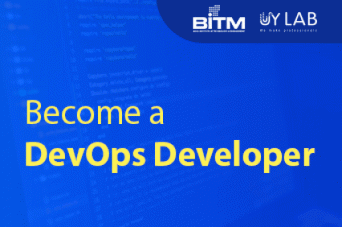- +8809612342486
- [email protected]

# allows organizations to serve their customers better and compete more strongly in the market # DevOps is not about coding, its about using correct tools in development process: GIT, Docker, JIRA etc
| Course Module | Development Operation (DevOps) | 48 Hrs |